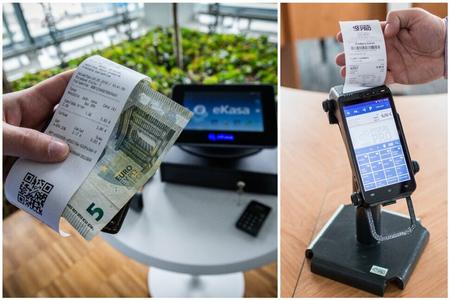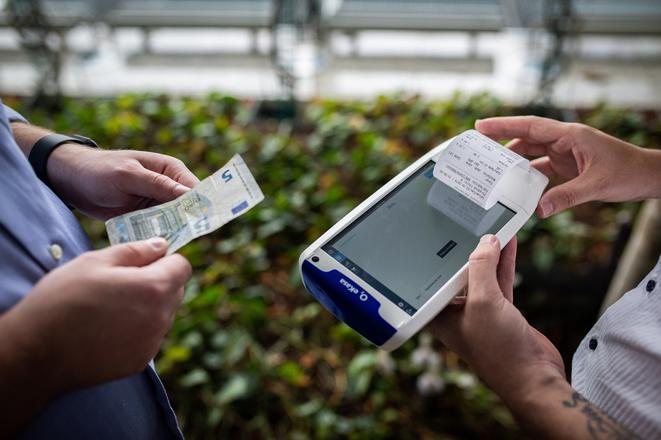The biggest reform in the cash register system since 1995 – this is how experts view the implementation of the new eKasa online cash register system.
Starting on July 1, 2019, entrepreneurs using the cash register system switched to online cash registers, and the receipts they issue are registered with the Financial Administration in real time. Due to some initial difficulties, though, the state has imposed a transition period on the system, now expected to be fully obligatory at the start of 2020.
eKasa was introduced as one of the tools to fight tax fraud. The state has calculated that it loses hundreds of millions of euros from hotels, restaurants, cafés, and retail alone.
“The only efficient way to limit fraud with cash registers to a great extent is to connect them to the Financial Administration,” said the authority’s former head František Imrecze in September 2018, as quoted by the SITA newswire.
The Financial Administration’s representatives said in early September 2019 that the system is already bearing fruit since the revenues of entrepreneurs whose cash registers have been checked increased by some 30 percent.

The introduction of the system was not easy though, with entrepreneurs complaining about the short transition period, problems with certification and the lack of cash registers. Moreover, despite promises, many have not seen their red tape decrease. Instead, adapting to the new system meant additional costs for them.
What is the eKasa system?
eKasa is an online system for registering revenue in real time on the servers of the Financial Administration. All cash registers in the country need to have internet access and communicate with the Financial Administration. The cash register automatically sends the data from receipts to the Financial Administration.



 If entrepreneurs required to use eKasa fail to connect to the system by the beginning of 2020, they will face high fines. (source: SME)
If entrepreneurs required to use eKasa fail to connect to the system by the beginning of 2020, they will face high fines. (source: SME)